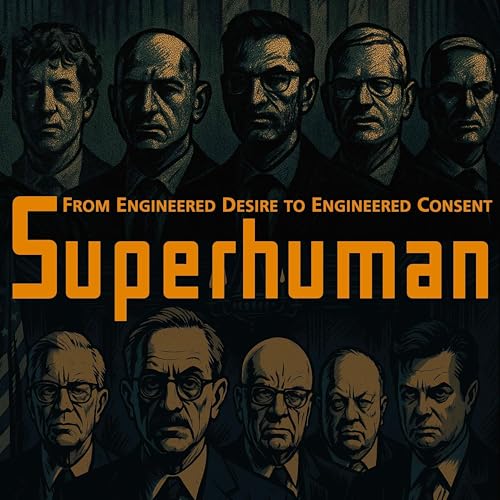Send us a text
Twenty-six words written in 1996 gave platforms legal immunity. One court decision in 1997 turned that immunity into a business model.
Attorney Carrie Goldberg shares what it's like representing hundreds of victims, from sextortion to cyberbullying to suicide, and watching nearly every case slam into the same wall. Brett Allred and Kristin Bride reveal what the absence of "good faith" looks like when platforms know the patterns but wait for children to die.
And as Section 230 finally begins to crack, we expose the tech industry's next move: rebranding the same harmful systems as "AI" to claim a new decade of immunity.
When courts won't look under the hood, we will.
Content warning: Discussion of suicide, drug overdose, online exploitation
00:00:00 - Twenty-Six Words The three-week delay and Section 230's shield
00:03:29 - The Good Samaritan Betrayed What Congress intended vs. what courts decided
00:05:30 - Zeran's Inversion How one 1997 case changed everything
00:09:00 - The Business Model of Blindness Operating anatomy: Why platforms choose ignorance
00:11:00 - Carrie's Courtroom A decade fighting the same wall
00:18:30 - The Algorithm Problem Why Section 230's walls are finally cracking
00:22:00 - The AI Escape Hatch Tech's next immunity play
00:25:30 - Riley's Story When the website wishes you luck as you die
00:29:30 - What They Knew Evidence that leaked out anyway
00:34:30 - The Supreme Court Punts Gonzalez v. Google and the pattern they ignored
00:40:00 - The Tobacco Playbook Profitable ignorance at scale
00:45:30 - Carson's Story 220 million downloads of a documented deadly pattern
00:52:00 - The Privileged Defense Why people fight for platform immunity
00:57:00 - The Movement Survivor parents refusing to stay silent
01:02:30 - The Light We Hold Call to action: How to talk to your kids
Music by: Kjartan Abel CC BY-SA 4.0 https://kjartan-abel.com
 2025/10/1652 分
2025/10/1652 分 2025/10/1656 分
2025/10/1656 分 2025/10/2251 分
2025/10/2251 分 2025/11/191 時間 9 分
2025/11/191 時間 9 分 2025/11/255 分
2025/11/255 分 2025/12/231 時間 7 分
2025/12/231 時間 7 分
